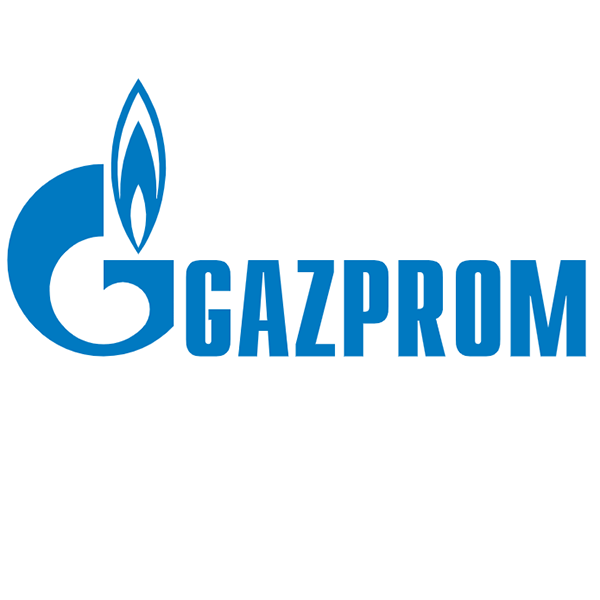
The Gazprom Management Committee approved the Company’s tax policy framework for the year 2021 and the 2022–2023 planning period.
One of the key objectives of the tax policy is to continue the gradual transition to tax monitoring at the companies of the Gazprom Group. It was noted that the online interactions with the Federal Taxation Service have proven highly effective. As of today, seven subsidiaries of Gazprom have transitioned to this form of tax control, and in 2020, another 17 companies filed applications to join the tax monitoring regime.
Thus, 24 subsidiaries of Gazprom will take part in tax monitoring from 2021 onward. By 2022, the share of taxes paid by these companies will exceed 70 per cent of the total amount of tax payments made by the consolidated taxpayer group created at Gazprom.
Further efforts will be made to improve tax efficiency and tax risk management practices. A project is underway to minimize risks related to non-fulfillment by counterparties of their tax obligations. Gazprom is introducing tax clauses into its contracts with counterparties in order to encourage the latter to perform the tax obligations stipulated by the law in good faith, as well as to prevent financial losses for the Gazprom Group. The Company’s interest in the ongoing efforts corresponds to the standards of behavior of a conscientious taxpayer committed to meeting its tax obligations.
The tax policy also includes activities aimed at streamlining the tax legislation of the Russian Federation.
Background
Tax monitoring is a form of tax control that allows a tax authority to monitor, in real time, the accuracy of tax calculations and the completeness and timeliness of payments (transfers) with regard to taxes, duties and insurance fees payable by taxpayers in compliance with the Tax Code of the Russian Federation.
Tax monitoring is a method of enhanced information exchange whereby an organization gives a tax authority real-time access to accounting and tax data, gaining in return the right to, in case of doubt, request that the tax authority present a reasoned opinion on the tax consequences of the transactions being undertaken.
The introduction of a tax monitoring regime helps accelerate the resolution of tax legislation-related disputes and reduces the expenditures for tax control measures.
On January 1, 2019, Gazprom Export became the first subsidiary of Gazprom to join the tax monitoring regime.
